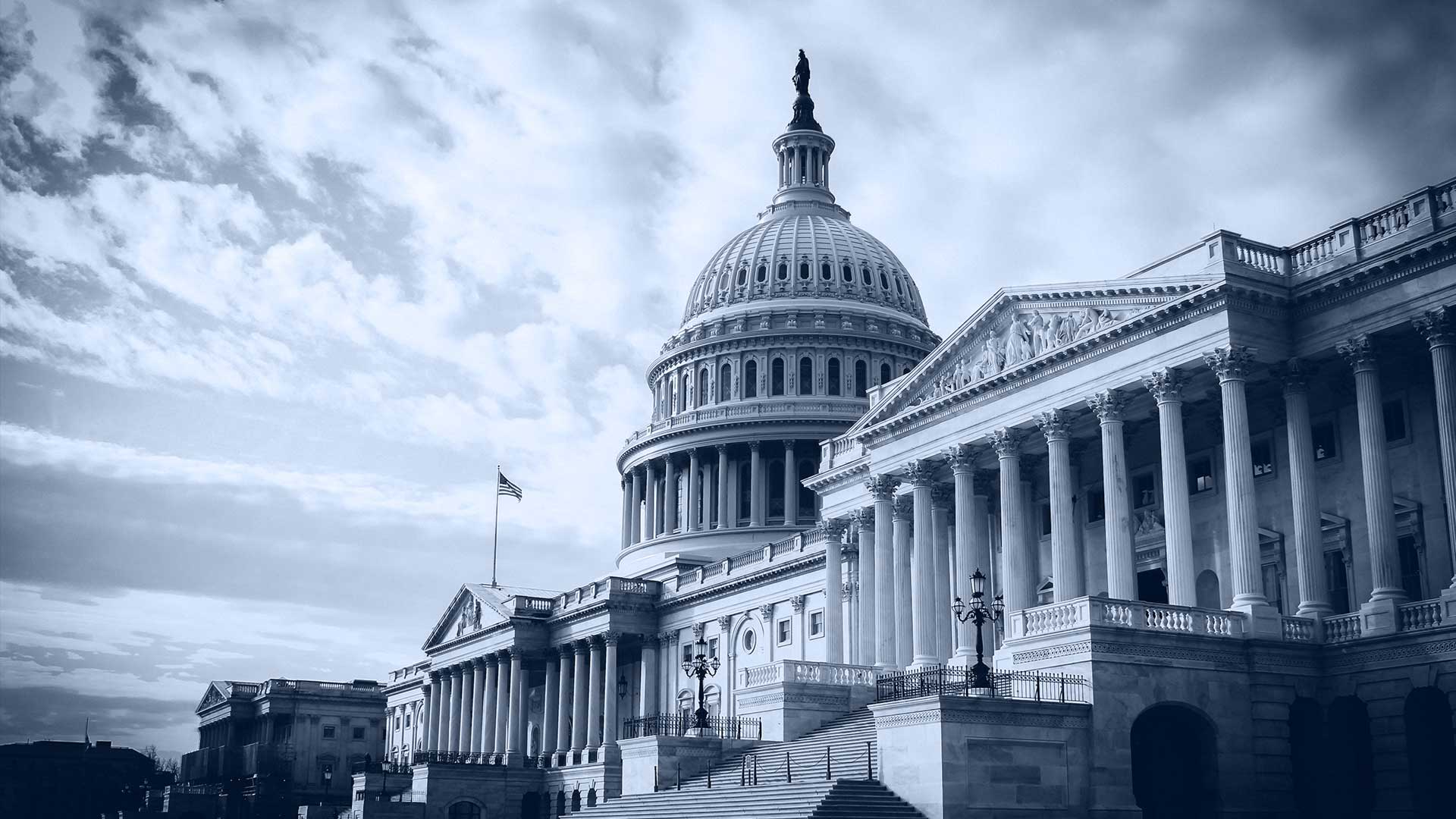BCB Group - Insights - weekly roundup – Another Big Week for Institutional Activity in Crypto
weekly roundup – Another Big Week for Institutional Activity in Crypto
It’s been another big week for institutional activity in crypto. Fidelity published a thesis on bitcoin investing, institutional asset manager Stone Ridge Holdings Group, a $10 billion asset fund, disclosed its $114 million bitcoin position, Grayscale had its biggest quarter ever ($1 billion+ inflows) and JP Morgan published an investment note on bitcoin for its institutional clients.
Here’s our roundup of the top stories from the past seven days in crypto.
If you’d like to get in touch with us about any of our products or services, just send us a note, we look forward to hearing from you.

FIDELITY MAKES IT CLEAR: BITCOIN VOLATILITY IS WORTH THE RISK FOR INSTITUTIONS
Fidelity released the second report in their Bitcoin Investment Thesis series last week, demonstrating how portfolio managers could increase their returns by allocating a portion of their holdings to bitcoin. The report also speculated that in the near future, increased institutional interest could expand bitcoin’s market capitalisation by hundreds of billions of dollars.
To support its thesis, Fidelity simulated sample portfolios starting with a default allocation of 60/40 between equities and fixed income instruments. They then diversified these with bitcoin at a rate of 1 to 3 percent. In every scenario considered by Fidelity, portfolios holding higher bitcoin allocations outperformed their less diversified counterparts.
Source: Fidelity Digital Assets

PWC REPORT POINTS TO BANNER YEAR FOR CRYPTO M&A AND FUNDRAISING DEALS
COVID-19 has not slowed crypto M&A. The value of industry acquisitions in the first half of 2020 has already surpassed that of full-year 2019, according to a report released last Thursday by PricewaterhouseCoopers.
Around $597 million was spent in 60 deals in the first half of 2020, compared to $481 million spent in all of 2019 for 125 deals, according to data that PwC aggregated from M&A data firms MergerMarket, Capital IQ, Crunchbase and Pitchbook
This year is on track to rival 2018’s $1.9 billion total spent on acquisitions in the crypto space. The average size of a deal in 2019 was $19.2 million compared to $45.9 million in 2020.
The acquisitions for the first half of this year were driven by an increase in transactions involving crypto exchanges and trading infrastructure, and native crypto companies continue to be the most active purchasers in the space
The average amount of fundraising deals has also increased from $4.8 million in 2019 to $6.4 million in the first half of 2020, with a heavy emphasis on trading firms.
Most notably, crypto derivatives exchange Bakkt raked in a $300 million Series B in March.
Seed rounds still heavily dominate fundraising deals in the industry, making up 57% of 2019’s deals and half of H1 2020’s deals.
Not only is the report illuminating in terms of the number of deals done, but where the deals are concentrated is also interesting. The uptick in deals involving crypto asset exchanges and trading companies reveals a growing interest in crypto asset market infrastructure, which signals that institutional investors expect institutional investors to show even more interest in the industry.
Source: PwC

STABLECOIN SUPPLY HAS SURGED PAST $20 BILLION, DRIVEN BY DERIVATIVES MARKET
New research by The Block reveals that stablecoin supply has surged past $20 billion, driven by derivatives market. In total, the market has grown from $5 billion at the beginning of 2020 to around $20.2 billion today.
Most of that growth has been driven by the two largest stablecoins by total supply, Tether and Centre’s USDC. In total, the market has grown from $5 billion at the beginning of 2020 to around $20.2 billion today. Tether’s USDT comprises approximately 79% of the market.
Part of the growth in stablecoin supply this year has been driven by the surge in the decentralised finance market. Traders can lock stablecoin into a number of non-custodial lending platforms to earn a high-yield.
Jeremy Allaire, CEO of Circle, one of the firms behind USDC, noted that stablecoins benefit in both up and down cycles: “First, when markets are intense and growing, more capital is injected and USDC benefits from that new capital. Once USDC is in circulation, users and holders tend to prefer to hold it vs. returning to the fiat system, so it is relatively ‘sticky.’ Second, when markets are selling off, demand for USDC grows as people seek to exit risk assets and hold stable-value assets, again with users often holding the USDC as they intend to continue to be active market participants.”
Source: The Block

FED CHAIRMAN JEROME POWELL TALKS DIGITAL CURRENCIES AT IMF
US Federal Reserve chair Jerome Powell spoke at the IMF’s annual meeting today and addressed cross-border payments and digital currencies.
“There are a number of ways that a CBDC might improve the payments system, and it is mainly this area that motivates our interest,” said Powell during the meeting, identifying a principal reason as to why a CBDC may come to the U.S. in the future.
“Powell is very much on the traditional side of finance, but some of his recent comments have been forward-looking and his very attendance signals recognition of the importance of digital currencies,” Jason Deane, bitcoin analyst at Quantum Economics, commented.
Watch here.

ARK INVEST’S CRYPTO ANALYST SAYS BITCOIN MAREKT CAP COULD HIT $3 TRILLION BY 2025
Yassine Elmandjra, crypto asset analyst at ARK Invest joined The Block to discuss the whitepaper he recently published arguing that bitcoin could reach $3 trillion in market cap by 2025, and unpacks how he arrived at this.
Source: The Scoop

SEC COMMISSIONER HESTER PEIRCE ON BITMEX, DEFI, AND A TOKEN SAFE HARBOUR
Catch Hester Peirce talking about:
- The current status of her token safe harbour proposal.
- Her thoughts on fair launch projects as opposed to traditional VC-backed tokens.
- Her thoughts on whether existing securities laws could be tweaked as opposed to implementing a safe harbour.
- Whether she thinks DeFi governance tokens should be considered securities.
- Her thoughts on DeFi playing its own regulatory role her thoughts on the Securities Clarity Act introduced in Congress the chances of a Bitcoin ETF being approved by the SEC in the future the charges against BitMEX and the effect it may have on the industry in general stablecoins, and how they might raise securities issues and whether she thinks that all securities could one day be tokeniSed.
Watch here.
BCB publishes a weekly recap of the top crypto news stories and a monthly regulatory recap. To sign up, please visit: https://bcbgroup.embryodigitalwebdesign.co.uk/contact-us/







